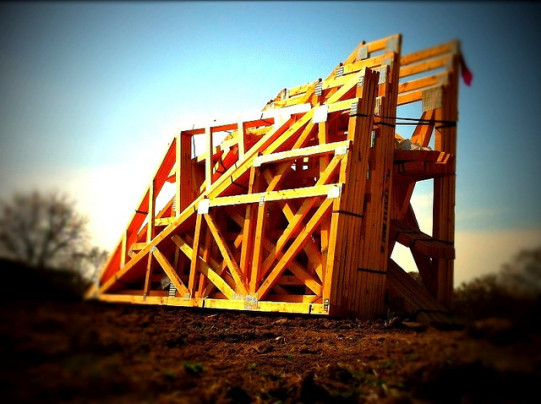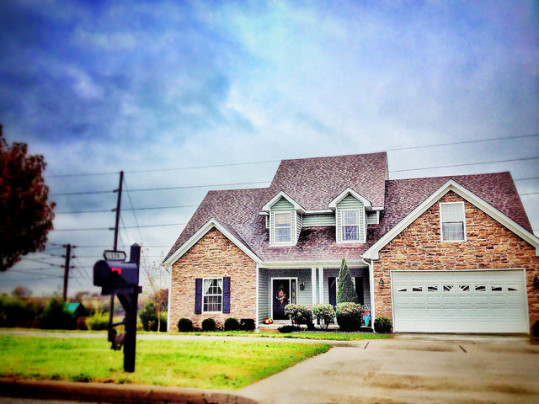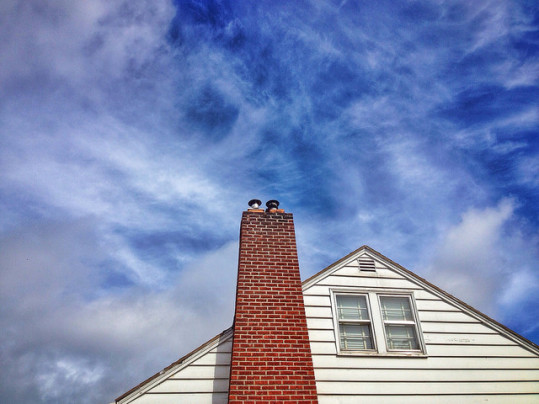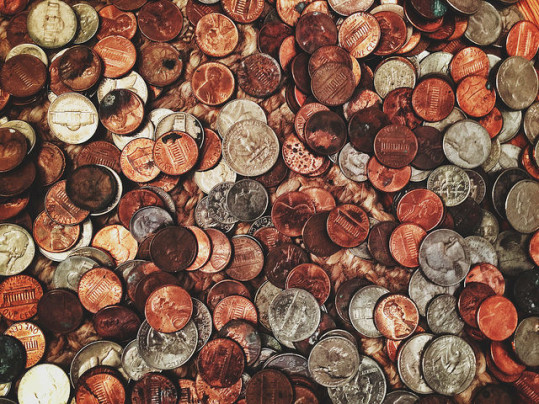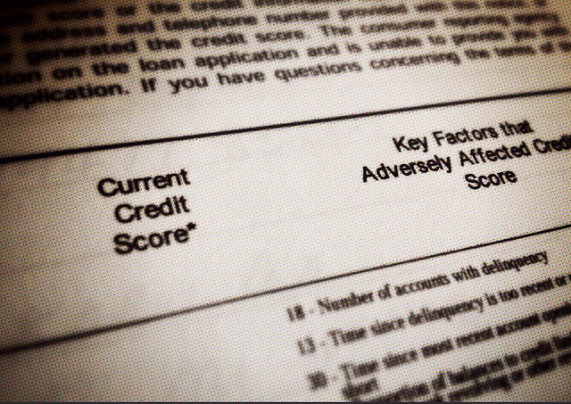Buyer demand for new homes remains strong, according to the most recent Housing Market Index from the National Association of Home Builders. The Index – which measures builders’ confidence in the new home market on a scale where any number above 50 indicates more builders view conditions as good than poor – was at 64 in July. Additionally, individual components measuring current sales conditions and expectations over the next six months both scored 70 or above. Robert Dietz, NAHB’s chief economist, says buyer demand is strong but there are other factors slowing the rate of new home construction. “The HMI measures of currents sales conditions has been at 70 or higher for eight straight months, indicating strong demand for new homes,” Dietz said. “However, builders will need to manage some increasing supply-side costs to keep home prices competitive.” Specifically, builders have expressed concern over the cost of lumber. Naturally, higher lumber prices effect the overall cost of new homes and the number of buyers that can afford them. In other words, the reason more new homes aren’t being built isn’t because of a lack of demand and, in many cases, has more to do with higher material prices and a fewer available lots to build on. More here.
Archive for July 2017
New Outlook Sees Housing Activity Slowing
At the start of the year, unusually warm winter weather across much of the country led to a boost in housing numbers. Most significantly, construction of new homes benefited from the opportunity to build in areas usually limited by snow and bitter cold. And, because new home construction helps control price increases, the housing market was looking particularly well positioned for continued growth throughout the year. But, though most numbers do remain above last year’s level, there is a bit of a slowdown on the horizon, according to Fannie Mae’s most recent Economic And Housing Outlook. Doug Duncan, Fannie Mae’s chief economist, says the news is good and bad. “Construction activity has lost some steam following the first quarter’s weather-driven boost,” Duncan said. “Meanwhile, very lean inventory continues to act as a boon for home prices and a bane for affordability, particularly among potential first-time homeowners.” So what does this mean for home buyers and sellers through the remainder of the summer? Well, it means there shouldn’t be much change from current conditions. Buyers should expect some competition for the homes that are available for sale and sellers should expect to enjoy steady traffic from buyers interested in making a move before the fall. More here.
Prices May Not Be As High As Homeowners Think
Naturally, home prices are a big part of any discussion of where the housing market is and where it’s headed. That’s because it’s an easy metric for home buyers and sellers to follow. It’s also because it’s an important factor in making decisions about when to make a move. However, recent news of rising prices may have hopeful homeowners getting ahead of themselves a bit. In fact, a recent study looking at the difference between what homeowners think their house is worth and what it actually appraises for found that owners are overestimating their home’s value by about 1.7 percent. And, though that might not seem like much, having a home appraise for less than its sale price could complicate the closing process, or worse, derail the sale altogether. That’s why it’s important to realize that, though home prices are up overall, how much your home’s particular value has gone up or down depends on where you are. This also reinforces why it’s so valuable to both homeowners looking to sell and buyers on the hunt for a new home to have the advice and guidance of a Realtor who knows their neighborhood. More here.
Americans Say Buying A House Is A Good Investment
The vast majority of surveyed Americans say they believe owning a house is a solid investment, according to a new survey from Digital Risk. And that doesn’t just include homeowners and prospective buyers. In fact, 83 percent of renters agreed with current homeowners who said that buying a house was a good investment. Jeff Taylor, managing director for Digital Risk, says the perception of homeownership has come a long way over the past several years. “It’s important to remember how far we’ve come in a decade,” Taylor said. “The fact that the American dream of owning a home is once again considered a smart investment suggests the housing market has years of strong performance ahead of it.” But though overwhelming numbers say they think buying a house is a good financial move, renters also face some challenges when making the jump. Among them, insufficient income and not being able to save enough for down payment rank high. Still, the fact that homeownership has regained it’s reputation as an essential part of the American Dream and a good way to build wealth is a good indication that, despite those challenges, Americans will continue to aspire to homeownership. More here.
Stronger Economy Leads Mortgage Rates Upward
In the years following the housing crash, average mortgage rates hovered near or at all-time lows. Combined with lower home prices, historically low rates provided a great incentive for interested buyers to take advantage of affordability conditions and buy a house. As the economy and housing market has recovered, however, mortgage rates have begun to inch upward. For example, the Mortgage Bankers Association’s most recent Weekly Applications Survey found average mortgage rates up again last week, reaching their highest level since May. Michael Fratantoni, MBA’s chief economist, told CNBC recent increases have been driven by the Fed. “Rates continued to increase last week given increasing evidence that the Fed and other central banks are more likely to raise rates given the pickup in economic growth in their respective economies,” Fratantoni said. In other words, the stronger the economy is, the more likely mortgage rates will climb. Still, rates remain low by historical standards and have not deterred home buyers in the same way higher home prices have. That’s because mortgage rates are still favorable for buyers, even if slightly higher than they’ve been over the past few years. More here.
Americans’ Credit Scores Reach Record High
Your credit score is a pretty significant number. Though you may not think about it all that often, it has an effect on your ability to qualify for a loan and the terms you’ll receive if you’re approved. In other words, your credit score can cost you money. That’s why it’s important to maintain good financial habits and check in on your history from time to time, in case there are any errors that can be cleared up. But what is an average score? Well, according to FICO, scores range between 300 and 850 and the current average is at an all-time high. In fact, the most recent data shows the average credit score has reached 700 for the first time ever. For comparison, the average fell to 686 following the housing crash. Ethan Dornhelm, vice president for scores and analytics at FICO, told CNBC 700 is considered a very good score and would mean a borrower would “likely qualify for the credit they want at favorable terms.” However, if your credit score isn’t at 700 or above, that doesn’t necessarily mean you won’t qualify for a mortgage. It does mean it’d be worth your time to investigate ways you can improve it, though. More here.
How Much Should You Expect To Spend After You Buy?
If you’re in the process of, or thinking about, buying a house, you’ve probably done some calculations in your head about how much you’ll need for a down payment and what your prospective mortgage payment might look like. But you may not have given any consideration to how much you might spend after you’ve closed the deal. Simply put, you’re going to want to leave the closing table with a substantial amount of money left over because new home buyers spend about $10,601 in their first year as owners, according to new numbers released by the National Association of Home Builders. That includes things like furniture, appliances, and remodeling or home improvement projects. But in total, new homeowners spend nearly three times as much in their first year than a typical homeowner would in an average year. Of course, the condition of the home you buy will play a large role in how much money you end up spending after the move. But, no matter how move-in ready the home is, you’re likely going to want to make some changes once you’ve settled in. That’s why it’s important to stick to a budget and not totally deplete your savings when choosing a house to buy. More here.
